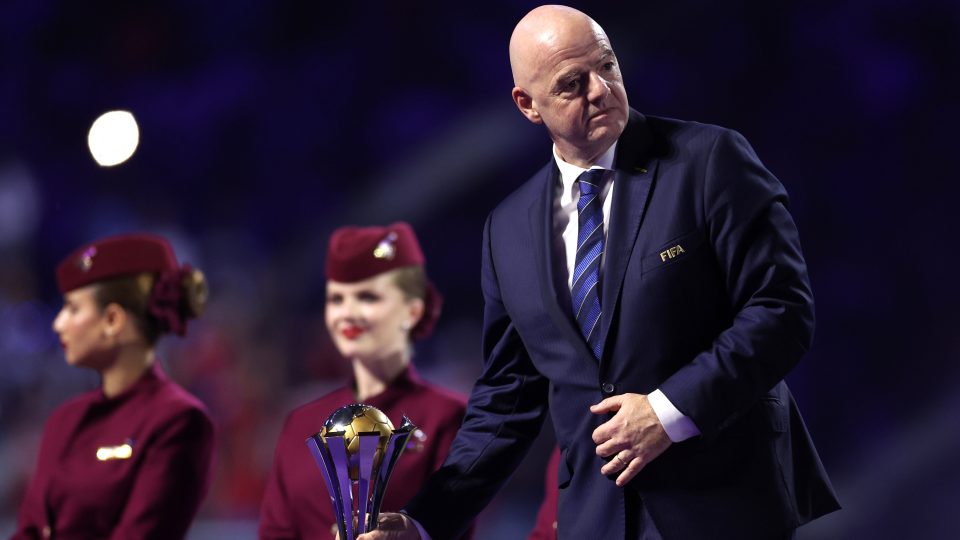FIFA faces legal action from soccer unions over its “unilateral” decision to expand the international match calendar, including the 32-team FIFA Club World Cup. The English Professional Footballers’ Association (PFA) and the Union Nationale des Footballeurs Professionnels (UNFP) filed the claim, supported by FIFPRO Europe, accusing FIFA of overloading the calendar and violating players’ rights, potentially breaching EU competition law.
FIFPRO Europe criticized FIFA for not engaging in meaningful negotiations, continuing to expand competitions despite opposition. FIFPRO President David Terrier emphasized the need to protect players’ fundamental rights by taking the matter to the European courts.
The 2024 Club World Cup in the US, scheduled from mid-June to mid-July, infringes on players’ right to an annual break, breaching the EU Charter of Fundamental Rights (CFREU). The unions have asked the Brussels Court of Commerce to refer the case to the European Court of Justice (ECJ) for a preliminary ruling on issues including forced labor, healthy working conditions, collective bargaining rights, and competition restrictions.
PFA President Maheta Molango highlighted the neglect of players’ rights and the legal implications of decisions by governing bodies. He stated that players are not being listened to and the union must intervene to enforce their legal rights as employees.
In May, FIFPRO and the World League Associations (WLA) threatened legal action over the global football calendar, which they claim is oversaturated, impacting national leagues and increasing player injury risks. FIFA denied these claims, stating it had engaged stakeholders in discussions about the football calendar.
FIFA President Gianni Infantino defended the football calendar, emphasizing that FIFA finances football globally, benefiting 211 countries. He noted the expansion of European club competitions, with the Champions League, Europa League, and Conference League increasing to 36 teams for the 2024/2025 season. The new format will see clubs playing more matches, raising concerns about player workload.
Research by FIFPRO and Football Benchmark showed young stars like Vinícius Júnior and Jude Bellingham have played significantly more minutes than previous generations, highlighting the increasing demands on modern players.
Credit: CNN




